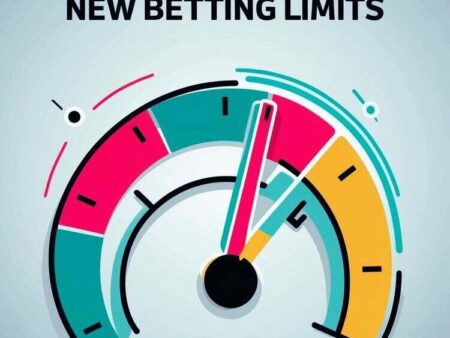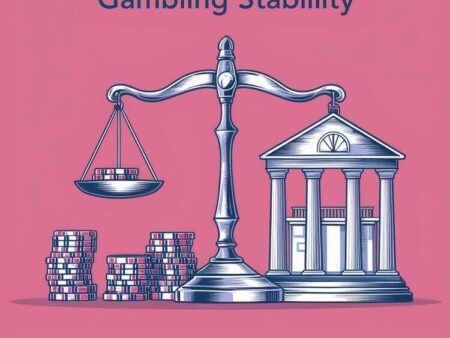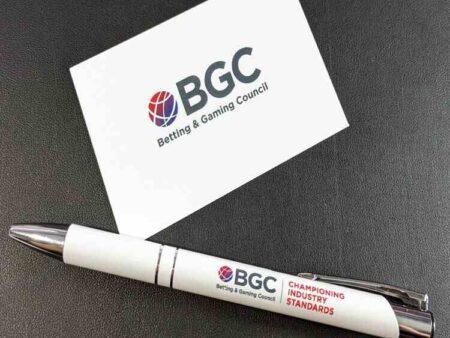By Jon Bryan | Expected reading time 3 min
Last Updated: February 7, 2025

By Jon Bryan
For those who gamble, the question of limits is an important one. If you play poker, you will want to ask whether it is no limit, pot limit, or something else. You may also want to ask about the table limits – what’s the minimum/maximum I can sit down with? The same types of questions might be asked by someone who plays roulette? What is the minimum bet? Is there a table limit?
SLOTS LIMITS
If you play slot games, questions about limits are also pertinent. How much is the minimum and maximum per spin? If I win the jackpot, how much is paid out there and then? Is there a limit? Do I have to wait to be paid the rest of my winnings?
These questions about limits are well known by those who gamble. For those who don’t, it’s generally easy to find out. In a casino, for example, they are usually clearly displayed. Limits, understood in this way, are an aspect of betting that many gamblers are familiar with.
For non-gamblers, questions about limits often happen when they want some advice. ‘How much should I take with me?’ asks the novice going to the casino for the first time. In response, many of us would talk about the importance of limits – setting a ceiling that you shouldn’t go above. ‘Don’t play with your rent/bill money’ is an old adage which still holds true today. This normal interaction – offering advice and guidance to a friend – can be a helpful conversation about establishing your limits when gambling.
GOVERNMENT INTERVENTION
Rather than limits being part of the game, or part of your own check on spending, some think a discussion about limits and gambling should be about the government setting a cap on how much you can spend. The state, they say, should directly intervene in the act of you placing a bet. There are plenty of examples of this, such as the Social Market Foundation (SMF) proposal of a ‘£100-a-month cap on spending’. We are told that the aim of this is to limit ‘the harm that can be done by online gambling’. Such a limit, the SMF argue, ‘accommodates a “socially acceptable” threshold of leisure spending, and ensures that gambling spend does not exceed poverty thresholds for lower income households.’
This idea of a monthly ration has found favour amongst some commentators and politicians. But the idea of imposing a limit on what you spend your money on has not gone down well with either gamblers or the general public. Earlier in the year, the Racing Post reported an ‘avalanche’ of emails, many of which expressed the view that ‘this imposition would be an intrusion into your personal finances’. While a YouGov poll found ‘51% per cent are opposed to limits set by politicians, compared to just 27% who support them’.
SHOULD LIMITS BE SUPPORTED?
Rather than something that is set by the government, limits should be something that we navigate ourselves, and there are plenty of tools available to the gambler to do that. Rationing how much we bet every month sets a dangerous precedent. As the Betting and Gaming Council put it: ‘(We) can think of no other area of the economy where the government determines how much an individual can spend’.
Gambling is an activity that seems to attract proposals and a restrictive narrative that would not be tolerated in other areas of life. Limits are part of the game and part of gambling, and they always will be. They should not be part of a paternalistic and illiberal approach which limits what we can and can’t do. Restricting how we spend our own money should not be within the purview of government. Let’s hope they don’t go down this road as they continue their review of the 2005 Gambling Act.
Jon Bryan is a Gambling Writer and Poker Player.
Follow him on Twitter: @JonBryanPoker







